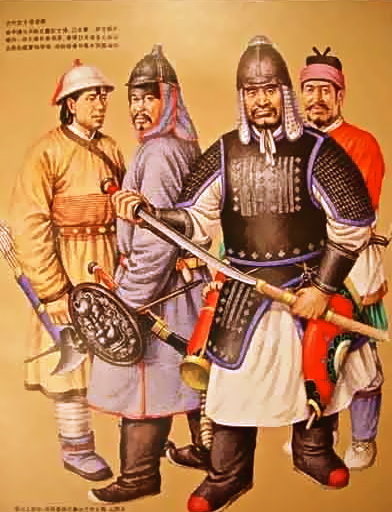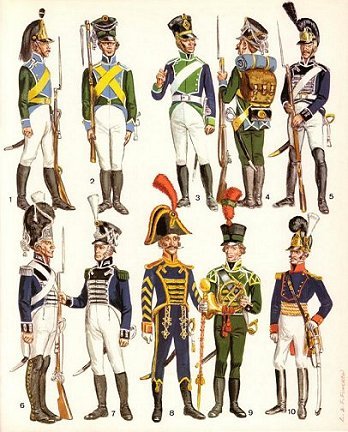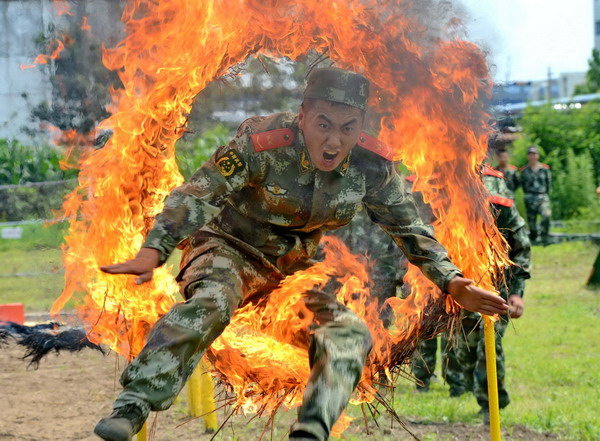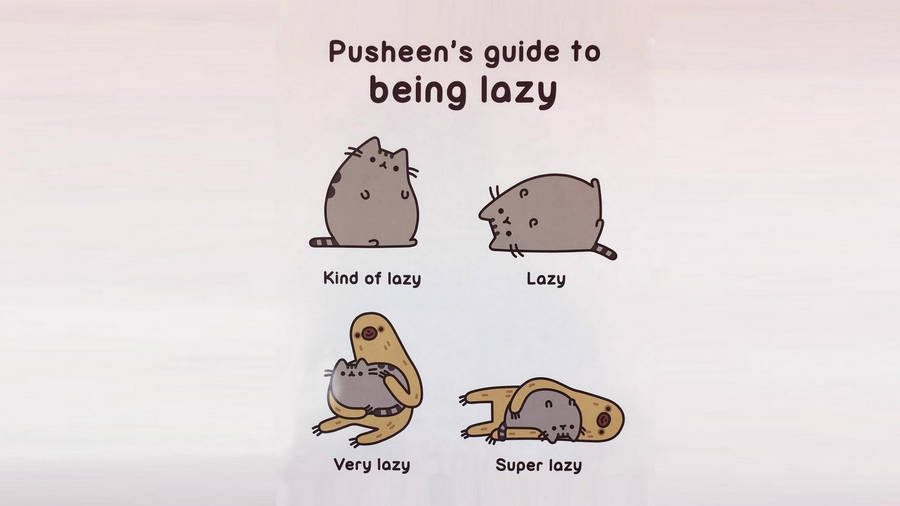From my study of history, I have found that there are only 4 major reasons why wars end. They are:
1. The capture of a capital
Good examples of this are the capture of Carthage which ended the Punic Wars and the capture of Constantinople which ended the Byzantine Empire. If Napoleon had captured St. Petersburg (Russia's capital at that time), Russia probably would have surrendered. Oddly, Napoleon's failure at Moscow was the main reason Hitler abandoned his attempt to capture that city. If Hitler had captured Moscow, the USSR would have likely surrendered. The impending capture of Hitler's capital compelled him to commit suicide and led to his nation's defeat.
2. the surrender or capture of a key leader
Examples include the surrenders of Napoleon, General Lee, and Lord Cornwallis. All these men were respected and capable leaders. When they gave up, their followers knew the cause was lost and followed suit. Tokugawa succeeded in unifying Japan and ending civil war by defeating his rivals and executing them.
3. the death of a key leader
The death of Genghis Khan saved Europe from Mongol conquest, because all the Mongol generals were required to return to Mongolia to elect a new Khan. The deaths of Attila, Alexander, Harold II, Barbarossa, and Charles XII likewise ended their campaigns. More recently, the death of the leader of the Tamil Tigers ended the civil war in Sri Lanka.
4. the sudden change of the balance of power
Imperial Germany was compelled to surrender by the entry of the US into the war and a series of defeats. Imperial Japan was compelled to surrender by the atomic bomb and the USSR's declaration of war. The Bolshevik revolution brought an end to Russia's participation in WWI. The Iran-Iraq War was ended by a UN Resolution. Often new leaders will seek to end an ongoing war, as Nixon did in Vietnam and Gorbachev did in Afghanistan.
From these principles, it is clear that the key to victory lies with subduing the enemy leaders.
1. The capture of a capital
Good examples of this are the capture of Carthage which ended the Punic Wars and the capture of Constantinople which ended the Byzantine Empire. If Napoleon had captured St. Petersburg (Russia's capital at that time), Russia probably would have surrendered. Oddly, Napoleon's failure at Moscow was the main reason Hitler abandoned his attempt to capture that city. If Hitler had captured Moscow, the USSR would have likely surrendered. The impending capture of Hitler's capital compelled him to commit suicide and led to his nation's defeat.
2. the surrender or capture of a key leader
Examples include the surrenders of Napoleon, General Lee, and Lord Cornwallis. All these men were respected and capable leaders. When they gave up, their followers knew the cause was lost and followed suit. Tokugawa succeeded in unifying Japan and ending civil war by defeating his rivals and executing them.
3. the death of a key leader
The death of Genghis Khan saved Europe from Mongol conquest, because all the Mongol generals were required to return to Mongolia to elect a new Khan. The deaths of Attila, Alexander, Harold II, Barbarossa, and Charles XII likewise ended their campaigns. More recently, the death of the leader of the Tamil Tigers ended the civil war in Sri Lanka.
4. the sudden change of the balance of power
Imperial Germany was compelled to surrender by the entry of the US into the war and a series of defeats. Imperial Japan was compelled to surrender by the atomic bomb and the USSR's declaration of war. The Bolshevik revolution brought an end to Russia's participation in WWI. The Iran-Iraq War was ended by a UN Resolution. Often new leaders will seek to end an ongoing war, as Nixon did in Vietnam and Gorbachev did in Afghanistan.
From these principles, it is clear that the key to victory lies with subduing the enemy leaders.

















